Yet do I fear thy nature,
It is too full of the milk of human kindness
To catch the nearest way. Thou wouldst be great,
Art not without ambition, but without
The illness should attend it. (1.5.16-20)
William Shakespeare
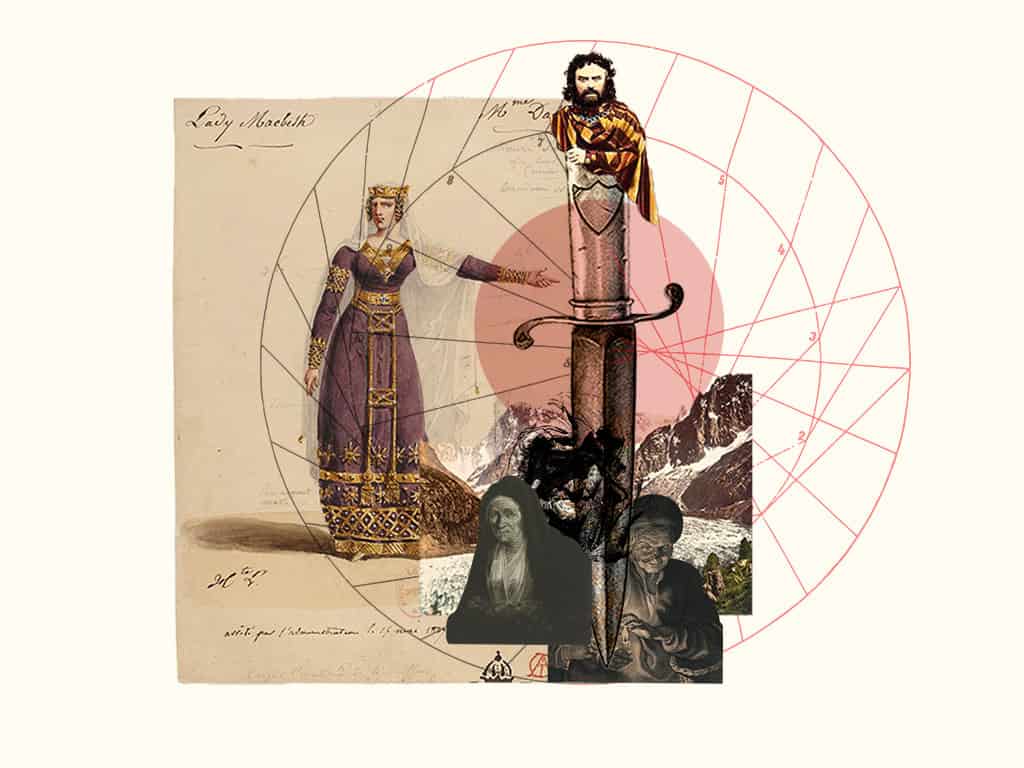
Macbeth
William Shakespeare
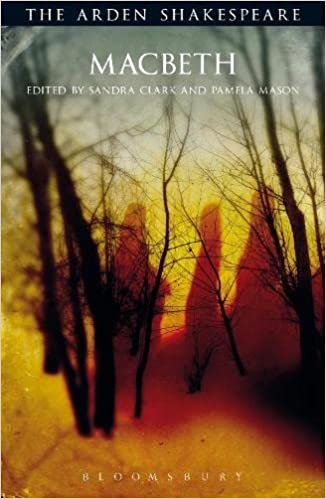
Clark, Sandra, and Pamela Mason, eds. Macbeth by William Shakespeare. Arden Shakespeare, 3rd series. Bloomsbury, 2015
William Shakespeare’ Macbeth, one of his finest tragedies, asks (and refuses to answer) some of the important questions regarding human agency and people choosing to do bad things.
Macbeth, the finest warrior in King Duncan’s military, is met by three witches while returning from a successful battle to overcome a rebellion. The witches, speaking in equivocal riddles, announce that Macbeth will receive honors and eventually become king. When he receives the honors the witches predict, he assumes not only that the witch can accurately foretell what will happen, but that they can create his future. When Macbeth’s wife, Lady Macbeth, learns that the witches have predicted he will become king, she is determined to help create Macbeth’s future as king by planning to kill Duncan, who will visit their castle that evening. After Macbeth kills Duncan and Lady Macbeth helps to smear blood on those they will implicate in the murder, each slowly takes a unique path toward a kind of madness. Lady Macbeth, full of regret and cut off from her husband as he grapples with the consequences of his actions, descends into madness and suicide. Macbeth, reluctant to commit the murder of Duncan, attempts to try to forestall what the witches suggest is his fate by killing perceived enemies and ordering the murder of his enemy’s women and children. Macbeth finishes the play determined to follow the path that Duncan’s murder puts him on, regardless of his descent into bestial behavior and the damnation of his soul. He is defeated at the end of the play, and the throne is restored to Duncan’s son and heir.
Why This Text is Transformative?
Studying Macbeth sharpens students’ powers of analysis and critical thinking, and it serves as an introduction into the puzzle that is the pull of the opposing forces fate and free will, as well as of human desire for achievement and the repulsion of harming others in our quest to realize our dreams.
Does Macbeth kill Duncan because he is fated to do so, or because he was tempted to do so? Would he have killed Duncan of his own free will without the influence of others? Why do people commit acts that they know are wrong, even when they understand the consequences of these actions? Unlocking such questions for students allows them to engage with some of the central questions about human agency, desire for self-worth and achievement, and the dark, unknowable impulses of all people. Literary tragedy like Macbeth projects the less dramatic but important challenges of our own lives, confronting the nature of success and failure in our quest to realize who we are. As one of Shakespeare’s shortest and fast-paced works, the play is an effective introduction to his works and to literature in general. Many students in community colleges have had mixed experiences with literature in their education, and once students begin unlocking Shakespeare’s language and syntax, Macbeth has often been a revelation to them, a work seemingly far removed from their day-to-day lives and the language and means through which they typically communicate. After studying Macbeth, students easily make myriad connections to the struggles they have seen play out in their own experiences and those around them. Studying Macbeth sharpens students’ powers of analysis and critical thinking, and it serves as an introduction into the puzzle that is the pull of the opposing forces fate and free will, as well as of human desire for achievement and the repulsion of harming others in our quest to realize our dreams.
A Focused Selection
Study Questions
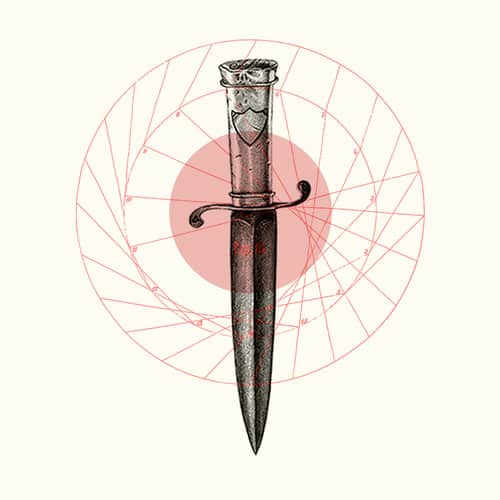
After examining the introduction of the witches in Act 1.1 and Lady Macbeth in Act 1.5, students will benefit from two class periods (or approx. 80 minutes each) of close reading of the following scenes: Act 1.3 (day 1) and Act 1.7 (day 2)
1) Who is more responsible for the death of King Duncan, Macbeth or Lady Macbeth?
2) To what degree is trickery and deception responsible for the actions of the characters and the outcomes of the play?
3) To what degree are the forces of fate or free will responsible for the actions of the characters and the outcomes of the play? Are these terms “all or nothing”? That is, is it possible to have degrees of both fate and free will as forces in our lives?
4) Are the “weird women” natural, unnatural, supernatural? Are they predictors or creators of fate? Are they a means of temptation, or does Macbeth simply hear in their statements what he wants to hear?
5) What is the purpose and function of ambition? What is the “illness” (1.5.20) that Lady Macbeth feels should “attend” ambition? When is such an “illness” necessary? Does Lady Macbeth possess that “illness”? Does “Macbeth”? Do you find that your own ambition sometimes requires such an “illness”? How successfully do you resist that impulse?
6) Is it possible for humans to be wholly evil? Are any characters in the play wholly evil or wholly good? Explain. How would you describe both your “good” and “evil” qualities? Might making such a list help in reinforcing the “good” and reckoning with the “evil” within yourself? Is possessing “evil” qualities ever necessary in your day-to-day lives?
7) Describe the relationship of Macbeth and Lady Macbeth. How is this relationship unique in the play? Compare how they function as a pair vs. how they function individually. How is their estrangement after the murder of Duncan one of the tragedies of the play?
Building Bridges
A Recommended Pairing
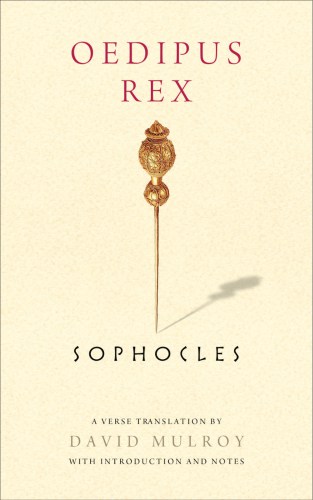
An effective pairing for Shakespeare’s Macbeth could be Sophocles’ Oedipus Rex (c. 430 B.C.E.). Both stories concern the themes of fate and free will, both have characters who predict and interpret events in discourse with the protagonist, both heroes are “meant” to be king, and both protagonists find themselves isolated from the rest of human society through their actions. Additionally, students can examine the development of dramatic tragedy from its early stages to its incorporation into early modern drama, including the extent to which agency and self-awareness complicate human culpability and audience catharsis.
Supplemental Resources
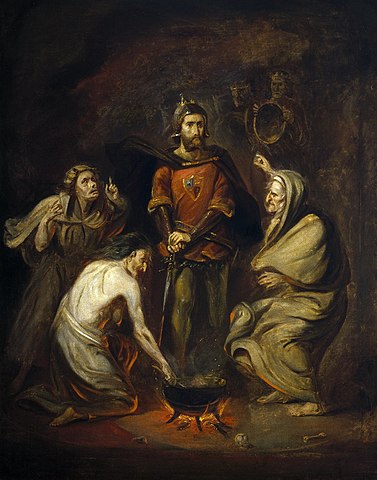
Thomas Barker of Bath "Macbeth and the Witches" Folger Shakespeare Library Digital Image Collection http://luna.folger.edu/luna/servlet/s/aw5l1
“Macbeth.” In Our Time. Hosted by Melvin Bragg. BBC Radio 4, Oct. 1, 2020
Smith, Emma. “Macbeth.” Approaching Shakespeare. University of Oxford Podcasts
Text Mapping
Discipline Mapping
English/Composition Studies
Political Science/Government
Philosophy & Religion
Page Contributor


